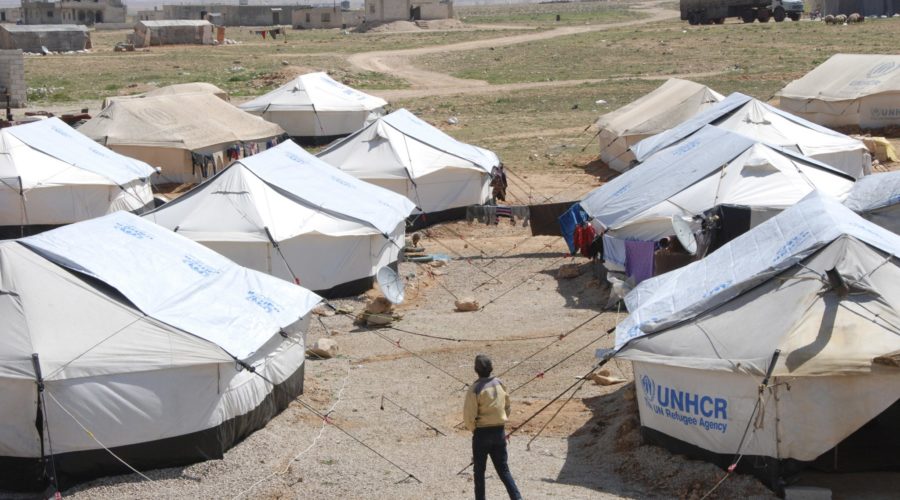Information management is central to humanitarian operations. It helps identify needs and determine what actions to prioritise. Information management also provides critical evidence for decision-making when planning for responses. Reliable information and strong analyses improve the quality of actions. It also brings credibility to the system. However, information can be hard to receive due to restricted access and insecure environments, which can make information gathering dangerous. Competition between humanitarian organisations may also cause information sharing to be challenging.
Key steps for senior humanitarian leaders to strengthen information management in their operation include:
- Identifying the purpose of information clearly. The primary purpose of information is to support the Humanitarian Country Team’s strategic decision-making function. Information management officers should work closely with the Inter-Cluster Coordination Group to make sure information is relevant to decision-making processes.
- Establishing a relationship between the Humanitarian Country Team and the Inter-Cluster Coordination Group. Information sharing helps create relationships and encourages cooperation between operations.
- Investing in information management capacity. Cluster Lead Agencies should deploy officers to support cluster coordinators and to participate in the Information Management working group.
- Advocating for common data sets, analysis, and information products. Common data sets and standards are important for consolidating data from a range of actors. Information management officers should work closely with cluster coordinators to process and analyse Information.
One of the main challenges is that there are multiple demands by donors, headquarters, and regional offices for information. This can divert IM professionals and clusters from their core functions.
Kevin Kennedy, the Regional Humanitarian Coordinator for the Whole of Syria (WOS) Response, identified key steps to support an information management system, which has been utilized in the Syria response.
- Invest in IM capacities and structures: Cluster Lead Agencies should commit resources to information management. Agencies should invest in qualified people and technical support to ensure data can be interpreted, while information can be produced and packaged.
- Build relationships: Senior leadership and the cluster coordinators should illustrate how information works for all actors in the response. If the value of information management can be shown, then more organisations will contribute their data. This will provide a stronger evidence base for decision-making.
- Standardise products: It is essential to have a common platform for information products. Technical experts should develop information protocols which facilitate data and information from multiple actors. This will contribute to a collective understanding of needs and issues that help the HC and HCT.
- Focus on designated areas: The HC and HCT (including members with a Cluster Lead Agency function) should do what is necessary to protect the Cluster Coordinators and IMOs from being diverted from their main purpose of supporting operations and the decision-making of HCs and HCTs.



